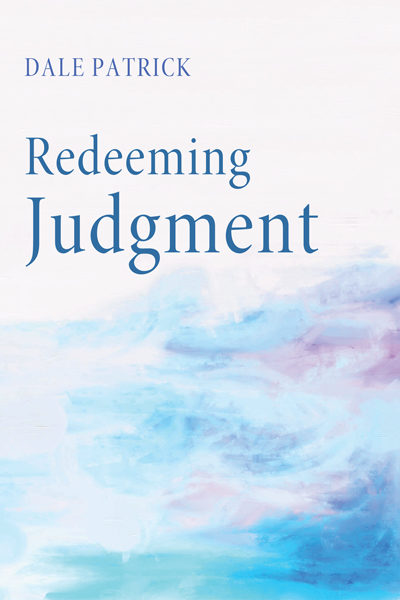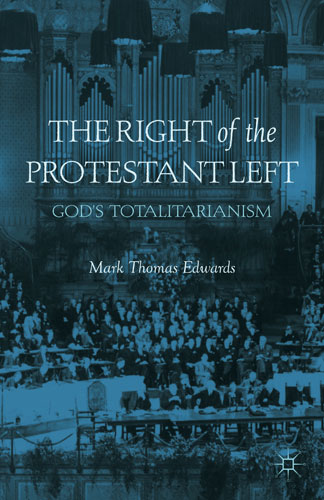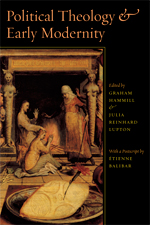Now that the election season is over in America, it might be a good time to take a step back and take a longer, more substantive look at some of the principles of Christian social thought than is sometimes possible in the midst of soundbites and stump speeches. Given the religious makeup of the candidates at the top of the tickets, Catholic Social Teaching (CST) was the focus of some attention in the national political conversation. It’s been noted that the political overlays onto religious faith are often just as constricting and reductive as partisanship itself. As Robert Joustra has observed, “Isn’t it ironic that the ecclesial conversation is essentially a thinly-baptized version of exactly the same disagreements in the secular world, but with less technical capacity and more theological abstraction?”
This is in some sense what has happened to principles of CST like subsidiarity and solidarity.

For three weeks now, I have been listening to Mary’s Magnificat sung as a part of the mid-week evening prayer service in my congregation. Last week, I leaned over to my five-year-old and told her, “This is the story of Jesus’ Mommy when she was pregnant with him.” Rereading a paper that I wrote on this text in college, I critiqued an over spiritualization of these words that are “a vivid proclamation of God’s eternal justice and intention to uplift the weak and lowly in a ministry of love…a call to social action on behalf of humanity.” Now, as I sit with the text, I can only say that it is all of this and more…

Redeeming Judgment arose from my sense of urgency. The Protestant church in which I grew up and to which I belong has largely grown silent about the judgment of God. It seems that we are bent upon living up to H. Richard Niebuhr’s caricature of liberal Protestantism: “A God without wrath brings men without sin into a kingdom without judgment through the ministrations of a Christ without a cross” (Kingdom of God in America, p. 193).
Redeeming Judgment is meant to remedy this aversion to judgment. Judgment accompanies God’s saving work throughout the Bible. Redeem has been prefixed to judgment to indicate that I am proposing to reclaim this theological teaching. Moreover, judgment is itself a component of the redeeming action of God. Thus, we are out to reclaim a teaching that is essential to the redeeming purposes of God.
Although the book was not written specifically for those engaged in political theology, the concept of divine judgment should be at the foundation of any political theology that aspires to be rooted in the Bible. Judgment is a component of practically every interaction between God and humans in the Bible. The reader’s understanding of how the concept can be faithfully applied to historical and contemporary events will be enriched by studying “paradigm cases.”

This is what is at the heart of the story. John comes preaching a message of the kingdom in the strongest possible terms—You brood of vipers! As part of his message, to which people seem to be responding, is that they need to “bear fruit worthy of repentance.” That is, don’t just sit there saying you did wrong. Get up and show that you understand by doing something different. And of all the people who might have grasped this message, low and behold, its those nasty tax collectors, the worst people imaginable, who come and ask what they should do to show they really mean what they say about having been transformed. Which is to say, that the narrative presents the very embodiment of a social outsider, confronting the epitome of the empire in the form of the tax collector, who is fundamentally transformed by the encounter.

The Right of the Protestant Left: God’s Totalitarianism (Palgrave Macmillan, 2012) is really three books rolled into one, with three separate but overlapping arguments. Because of this, it can be hard to follow the different strands. I thought the most helpful way to introduce my book to readers would be to unpack each of the arguments. Before I begin, though, let me define briefly my subjects, the “old ecumenical Protestant left.” Like the old left it was affiliated with, the old Protestant left has often been reduced to a few of its leaders, namely Reinhold Niebuhr and Paul Tillich; the community orientation of the movement has thereby been lost…
In Plato’s Theaetetus Protagoras insisted that one should not persuade the other of what is true in relation to what is false because no one has ever succeeded in doing so and most of all because truth in itself is not the issue in political discussions, debates, and deliberations. But there is one thing that Protagoras wanted to persuade people about, namely improvement. From the point of view of ancient Greek politics, this is all that can be done: We can strive to achieve a better situation, which inevitably will require further improvement. But if nothing but improvements can be hoped for, then “truth” or the “good” have no place in this progress because they presuppose final achievements, accomplishments, and results. The point of Protagoras is that one should never persuade people of what is good—only of the need for improvement…

God chose to speak through a wild man known as John the Baptizer who dressed in animal skins, ate wild honey, and probably had the most unruly hair. The biblical description of his dress and style resembled the prophet Elijah found early in Second Kings. Why then do we ignore God’s trend of speaking through those who diverge from the status quo?

